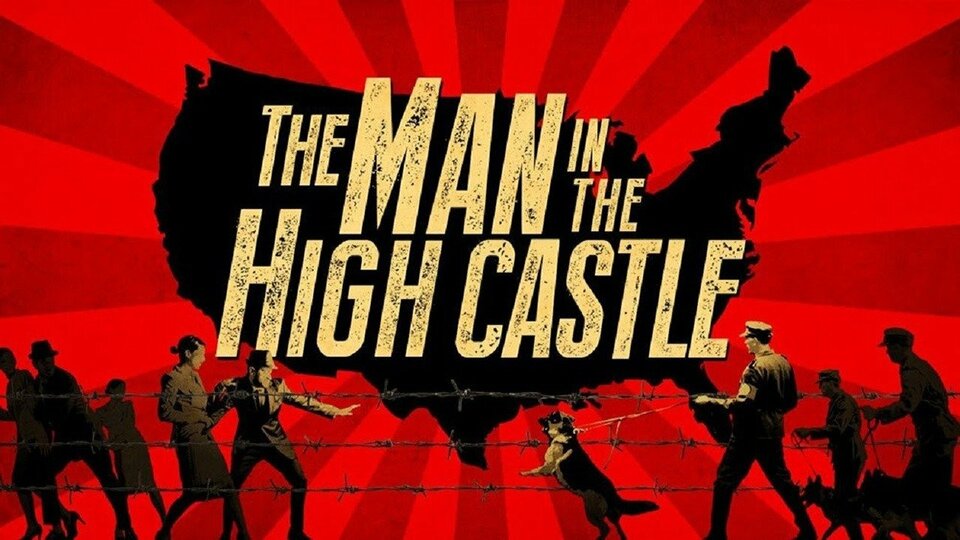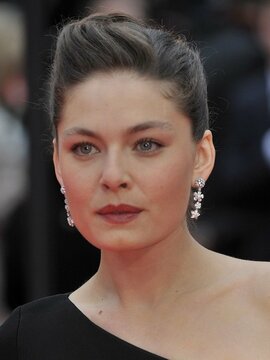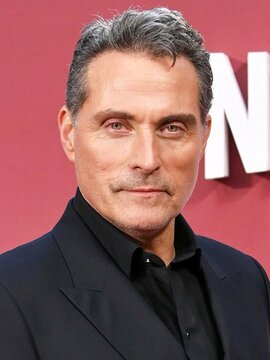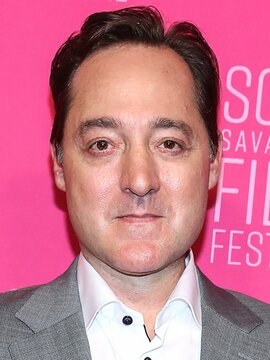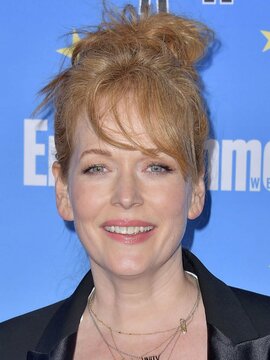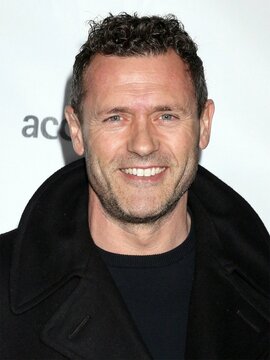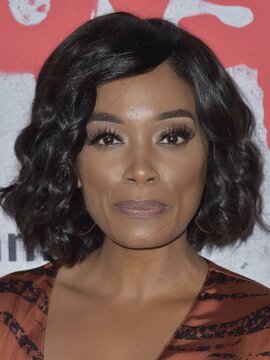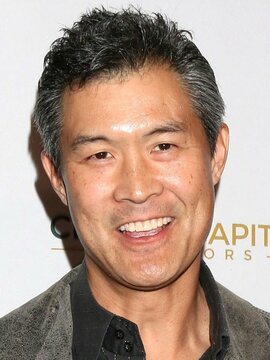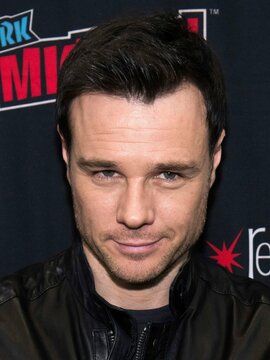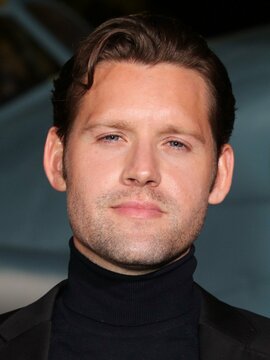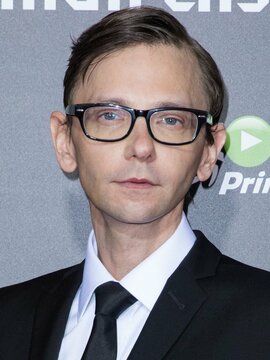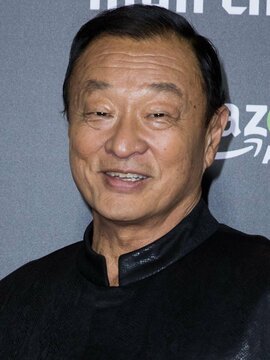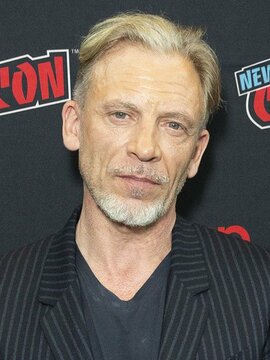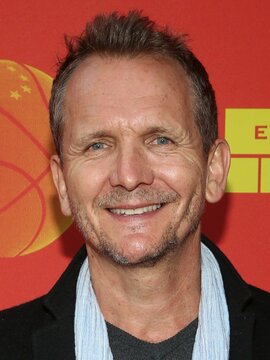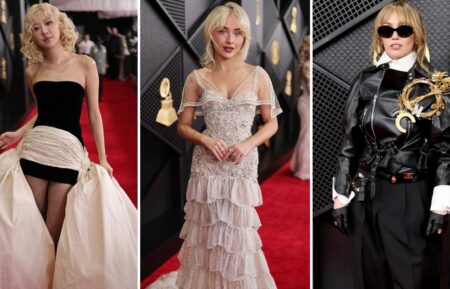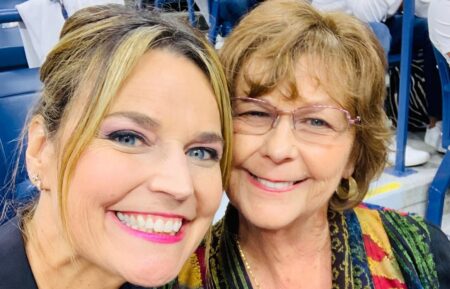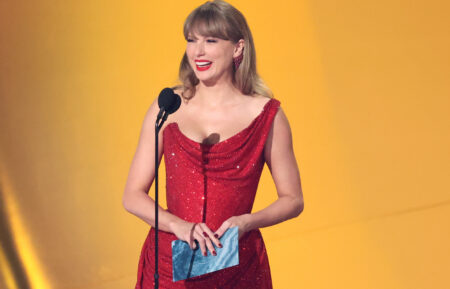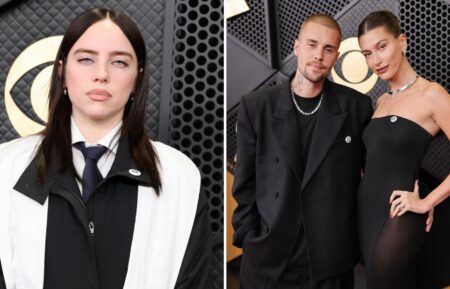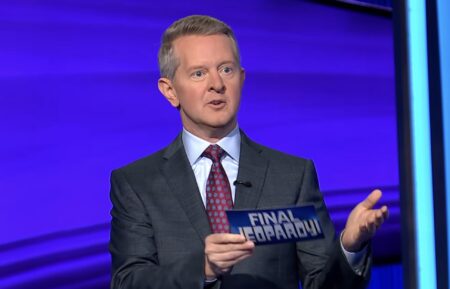‘The Man in the High Castle’: Brennan Brown on Childan’s Season 2 Challenges
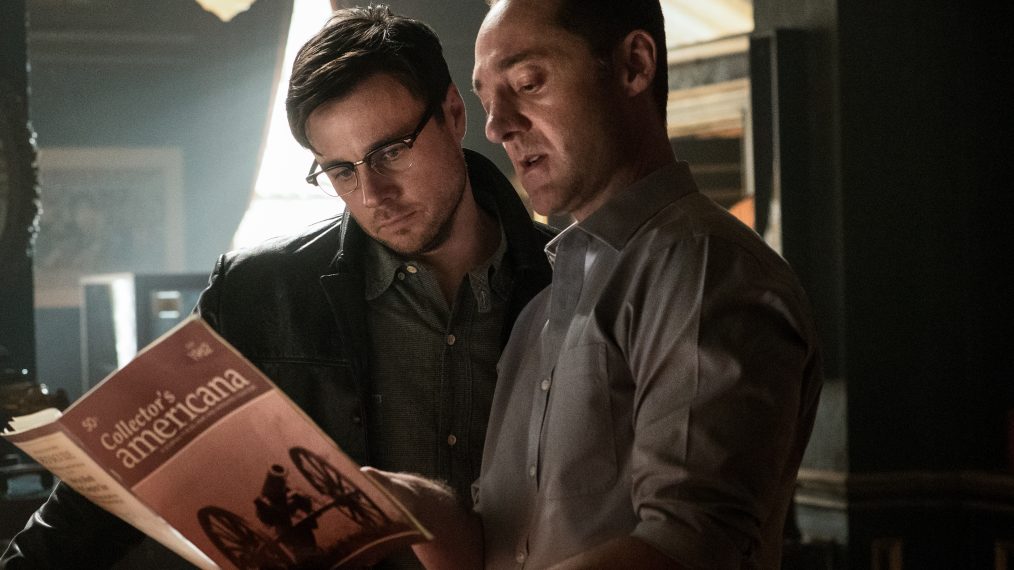
The second season of the compelling streaming drama, The Man in the High Castle, premiered last week on Amazon Video and took viewers back into a fictional world in the 1960s where the axis powers, Germany and Japan, won World War II and the United States exists as a nation divided up and ruled by each.
As convincing as that world is to its inhabitants, mysterious movie reels that reveal an alternate reality (where the allied forces were the victors) are still a very valuable property for a lot of people. Is there another reality that exists out there and how many answers will viewers get as the second season unfolds?
RELATED: The Challenges of Costuming a Post-WWII Nazi World on The Man In The High Castle
Of the many characters in the series, which is an adaptation of the Philip K. Dick novel of the same name and created by Frank Spotnitz (The X-Files), Robert Childan (played by Brennan Brown) is one who is living proof that letting your ambitions lead you can have both positive and negative repercussions.
Brown recently filled TV Insider in on what we’ll see in the new season with Childan, how he continues an interesting relationship with Frank (Rupert Evans), and how Ed (DJ Qualls) changes Childan’s way of thinking.
What would you say you took from the Season 1 experience that helped in the second season?
That’s a good question. The book was really instrumental so for me the book is the Bible as far as my character goes. The book starts with my character and it’s very descriptive and it’s such a rich character and contradictory and complicated and likable and unlikable. The book, when I came into the first season, was my template as far as my conception of the character.
As we shot Season 1, I guess the scene that stands out would be the dinner scene with Betty and Paul, and when we shot that scene, which was such a good scene, pretty much the dialogue was lifted directly from the book. Shooting that scene just made [clear] the abstract concepts about Childan’s need to belong and his extreme longing, his love for the Japanese and his hate for the Japanese. He’s the example of the colonialized mind that Philip K. Dick sets up where you love the conquerors. It’s kind of a Helsinki syndrome where you begin to want to be the people who colonialized you and Childan represents that.
I think shooting that scene in season one really brought that home just in the physical sense because working with those actors was so fun [and] that wonderful location that they found for shooting that sequence, it really helped me sit physically in that emotional place and really physicalized it in a way that brought it home for me as an actor. Sitting at that dining table in that room, wanting so badly to be accepted by people, wanting so badly for them to love me or like me or think I’m worthy of their friendship. That brought that to season two, that deepened sense of intimacy with Childan’s extreme longing.
Childan has both political and personal ambitions. How will we see that change or unfold this season?
Childan, the political self, always wants what’s best for him and he’s one of the only character’s that’s really working within the system and use it for his own gain. That gets challenged in the second season because he gets faced with situations that are physically dangerous. He’s an anxious character and he tries to stay out of trouble but he gets into trouble and he gets into situations in which the threat is very real as opposed to sort of being worried about or fretted over. He’s actually faced with concrete, threatening situations.
Also, you see his longing get affected by his relationships with the other characters, specifically Ed and Frank. The relationship that starts between Childan and Frank has been really interesting to explore and see how those two characters affect one another. Ed sort of changes Childan’s worldview a little bit. Ed’s very different from Childan, as is Frank. Both Frank and Ed are not people that Childan could normally associate with. Finding himself with them can’t help but change his worldview a little bit.
The show is shot in Vancouver and really can lend itself to some of the wooded, stark areas that we see often in the show. How has it been shooting up there?
Vancouver’s an industry town. It’s got a lot of shows shoot there. It’s a great place to work, honestly. It’s a beautiful, beautiful city and there are certainly worse locations to be on, but the sets themselves and the locations are so amazing—no matter where the sound stage is located, what this design department does is so extraordinary that it doesn’t matter where we are. When you walk onto those stages and see the sets that they’ve created for us, you’re just immediately in the world.
This is definitely a show where there’s a lot of mystery about characters and what’s to come. Are you the kind of actor who is okay not knowing or do you like to know as much as possible?
I like knowing. If it’s known from a creative point of view, from the executives’ point of view, or from the show-runner’s point of view, as they want to tell us, I’m all about knowing because when I know what’s happening in a larger arc, I can set up various things that will either foreshadow it or not; put it in a different direction if we want to confound expectations;, and pull the rug out from the audience. We can do things with a character that way earlier on, three or four steps ahead of the game, to misdirect attention, direct attention wherever we want it. It’s always helpful as an actor to have the information, but when that’s not possible and I don’t know, I’m perfectly happy creating my own reality and working within that.
Is there a particular episode you’re excited for people to see in the second season?
There’s one; I think it might be six. There’s a scene in there where we see Childan in a completely new way—which I can’t really say yet—but we see a side of Childan that we’ve never seen before. That was a very rewarding scene. I discussed that with the writers going into it and it was a notion that I’d had for the character and it got into the show. It was really challenging to shoot and fun. Hopefully, the audience will find it as interesting as it was to play and sort of conceive of. It’s a pretty brief sequence, maybe two or three scenes but it’s something I think sheds a real light on Childan’s isolation and loneliness and need. I’m excited to see that.
Also, there’s another sequence between me and Ed where we’re trying to relax, which was pretty fun to shoot as well. After a particularly stressful few hours, Ed and Childan try to relax together and we had a fun time shooting that also.
The Man In The High Castle‘s second season is streaming now on Amazon.

